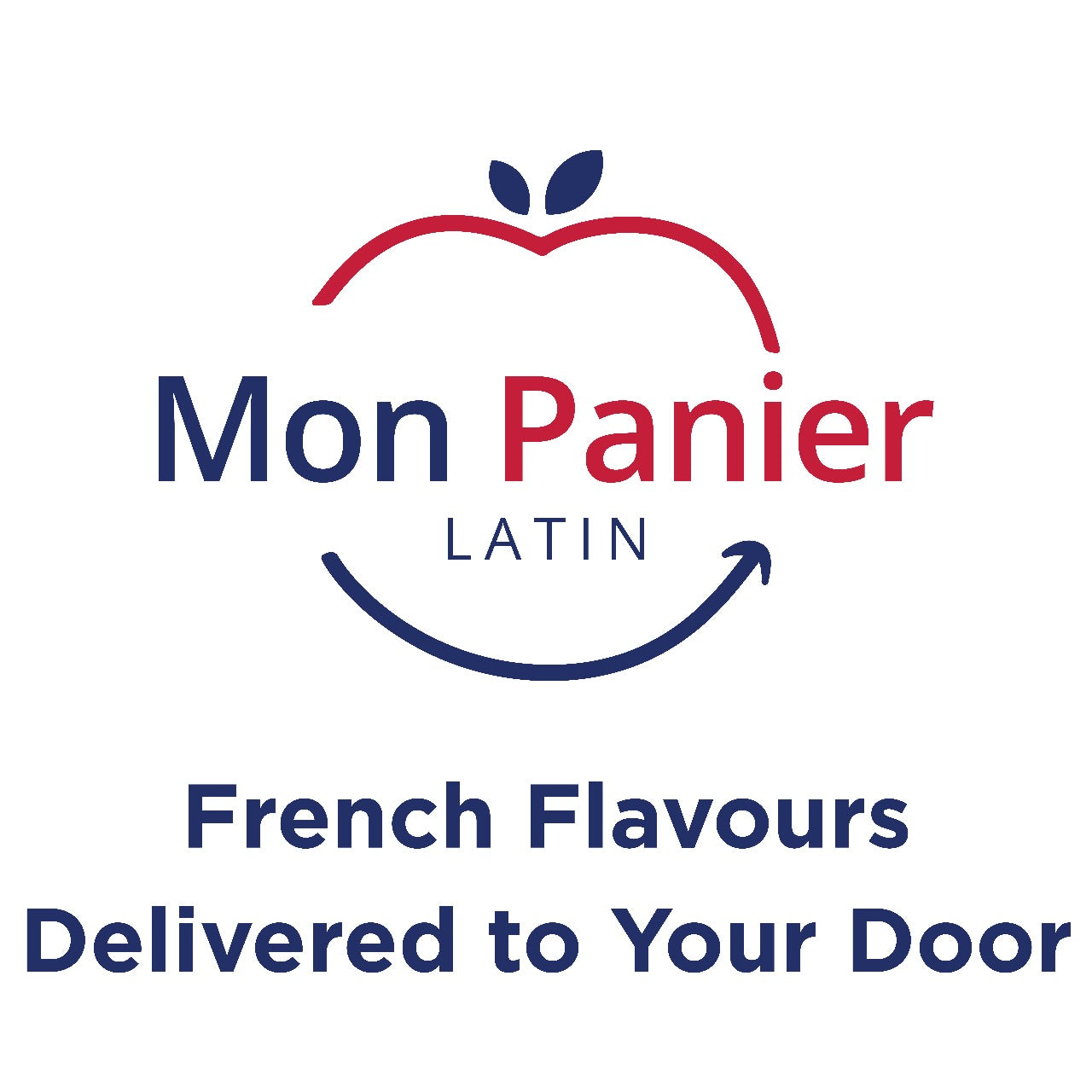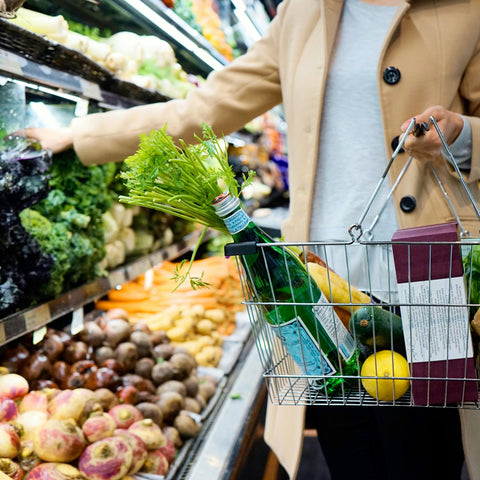We’ve all seen it on jars of mustard, bottles of wine, tins of confit, and boxes of delicate biscuits—“Produit de France.” It evokes quality, tradition, and a certain je ne sais quoi that makes French products feel just that little bit more refined. But how much do we really know about what’s behind that label? Is it simply a marketing tool, or does it signify something deeper?
In this post, we’ll take a closer look at what “Produit de France” really means—legally, culturally, and for you as a consumer in the UK.
1. The Legal Meaning of ‘Produit de France’
At its core, the term “Produit de France” (Product of France) is a designation that means the product has been entirely manufactured, processed, or significantly transformed in France. This is overseen by strict regulations under EU and French law (even post-Brexit, these standards are respected when exporting to the UK).
This means that for a wine, the grapes must be grown and fermented in France. For cheese, the milk must come from French farms, and the ageing process must happen on French soil. For more processed items—like ready meals or sauces—the main transformation (e.g. cooking, blending, bottling) must take place in France.
While “Produit de France” isn't the same as a protected designation like AOP (Appellation d'Origine Protégée) or IGP (Indication Géographique Protégée), it still acts as a basic guarantee of origin.
2. Cultural Value: A Mark of National Pride
In France, labelling something as "Produit de France" is more than just legal—it's deeply cultural. It connects a product to a rich history of craftsmanship, terroir, and local savoir-faire.
French producers take pride in this label. Whether it's a family-run vineyard in the Loire Valley or an artisanal biscuiterie in Brittany, “Produit de France” tells a story. It communicates that the product hasn’t just been churned out by a global brand—it’s been created with care, using local traditions and often regional ingredients.
To the French consumer, this label often implies trust—that the item respects high standards of hygiene, traceability, and quality. To the British consumer, it suggests a touch of continental elegance and authenticity.
3. Marketing Tool or Quality Guarantee?
Let’s be honest—“Produit de France” can also be a marketing strategy. Slapping the label on a jar of jam or a tin of pâté adds allure. In a crowded supermarket aisle, it can persuade you to choose one item over another, especially if you’re looking for something “a bit special.”
However, that doesn’t mean it’s meaningless. It ensures that the item you’re buying has a genuine link to its French origin—not just a French-sounding name or fancy font. Be wary, though: some brands use branding and packaging that suggests Frenchness without actually qualifying for the label. Always check for the actual words “Produit de France” or an official mark like AOP, IGP, or the Label Rouge.
4. How to Read French Food Labels in the UK
Here are a few tips for British shoppers who want to decode French labels confidently:
-
Produit de France: Made, grown, or processed in France.
-
AOP (Appellation d’Origine Protégée): Tightly controlled origin and method of production, e.g. Roquefort, Camembert de Normandie.
-
IGP (Indication Géographique Protégée): A looser geographical protection, e.g. Bayonne Ham.
-
Label Rouge: A national French mark of superior quality.
-
AB (Agriculture Biologique): Certified organic in France.
Pro tip: French products in the UK often include English translations on the back label—though not always. If you're shopping at a French deli, it helps to know a few keywords or ask the shopkeeper for help.
5. Why It Matters to Buy Authentically
In a world of mass production and vague provenance, knowing what you’re buying—and where it comes from—matters. Choosing a product marked “Produit de France” isn’t just about taste. It’s about supporting traditional farming, rural economies, small-scale artisans, and food made with integrity.
Whether you’re building a French-inspired pantry or simply treating yourself to a jar of Dijon mustard, looking for the “Produit de France” label is a small but meaningful way to shop with purpose.
Final Thoughts
“Produit de France” isn’t just a label. It’s a passport to flavour, culture, and craftsmanship. From a crusty baguette to a luxurious foie gras, these three little words connect you to the heart of French food tradition.
So next time you're in your local shop or browsing online, take a closer look. Behind the label, there’s a whole world waiting to be savoured.



